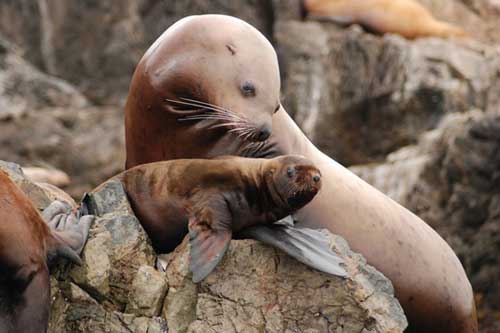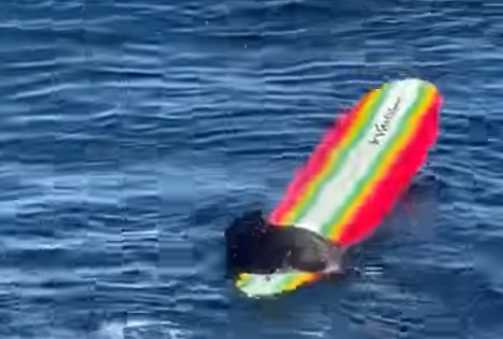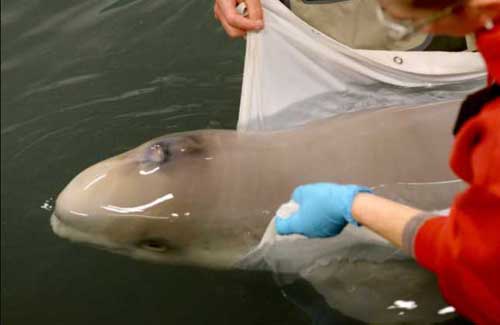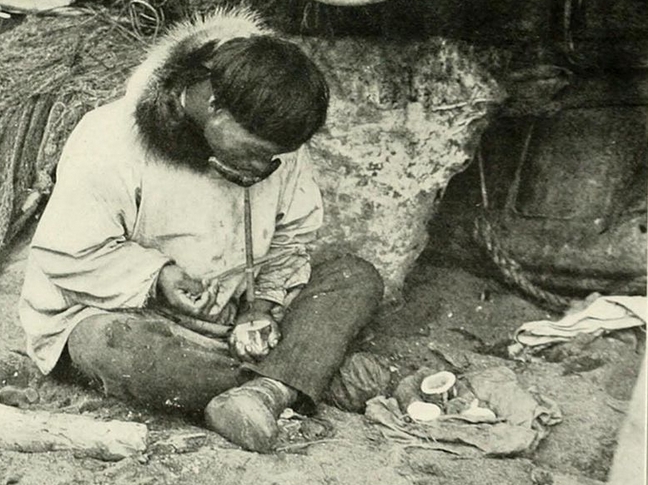By the end of November, the U.S. Fish and Wildlife Service intends to issue final guidance to clarify the phrase “significantly altered†as it pertains to authentic native handicrafts and clothing made from sea otter, a species protected under the Marine Mammal Protection Act (MMPA).
The intent of the guidance will be to reduce confusion over what this phrase means; the guidance will not change existing MMPA implementing regulations.
In March 2013 the Service made available for public comment draft guidance to clarify the phrases: “significantly altered from their natural form,” “dwells on the coast,” and “large-scale mass production”. Based on comments received on the draft guidance, the Service does not intend to address the latter two phrases in the final guidance and will instead focus only on clarification of the term “significantly altered.”
The overall intent of the Marine Mammal Protection Act is the protection and conservation of marine mammals and their habitats. The Act includes a moratorium on the taking of marine mammals; however, Congress provided exceptions to the moratorium, including one to allow the non-wasteful harvest of marine mammals by Alaska Native peoples for subsistence purposes or for creating authentic native articles of handicrafts and clothing. In providing this exception, Congress recognized the importance of preserving traditional Native cultural practices while protecting marine mammals.
Since 1974, Service regulations have defined the phrase “authentic native articles of handicrafts and clothing” as items made by Alaska Native peoples that “(a) are composed wholly or in some significant respect of natural materials and (b) are significantly altered from their natural form and are produced, decorated, or fashioned in the exercise of traditional native handicrafts….” The requirement that items made from sea otter be “significantly altered from their natural form” applies only to items which are sold or transferred to non-native Alaskans.






